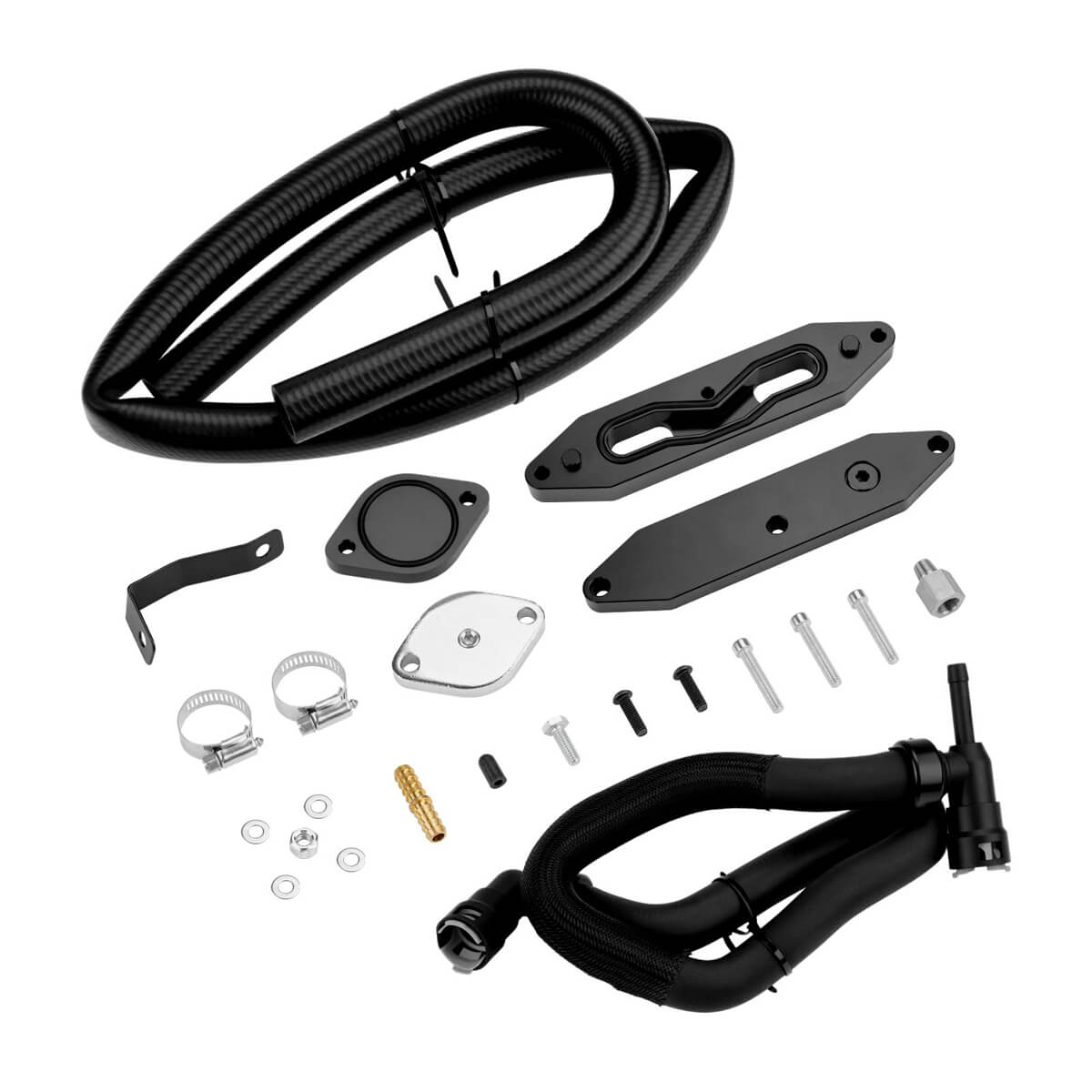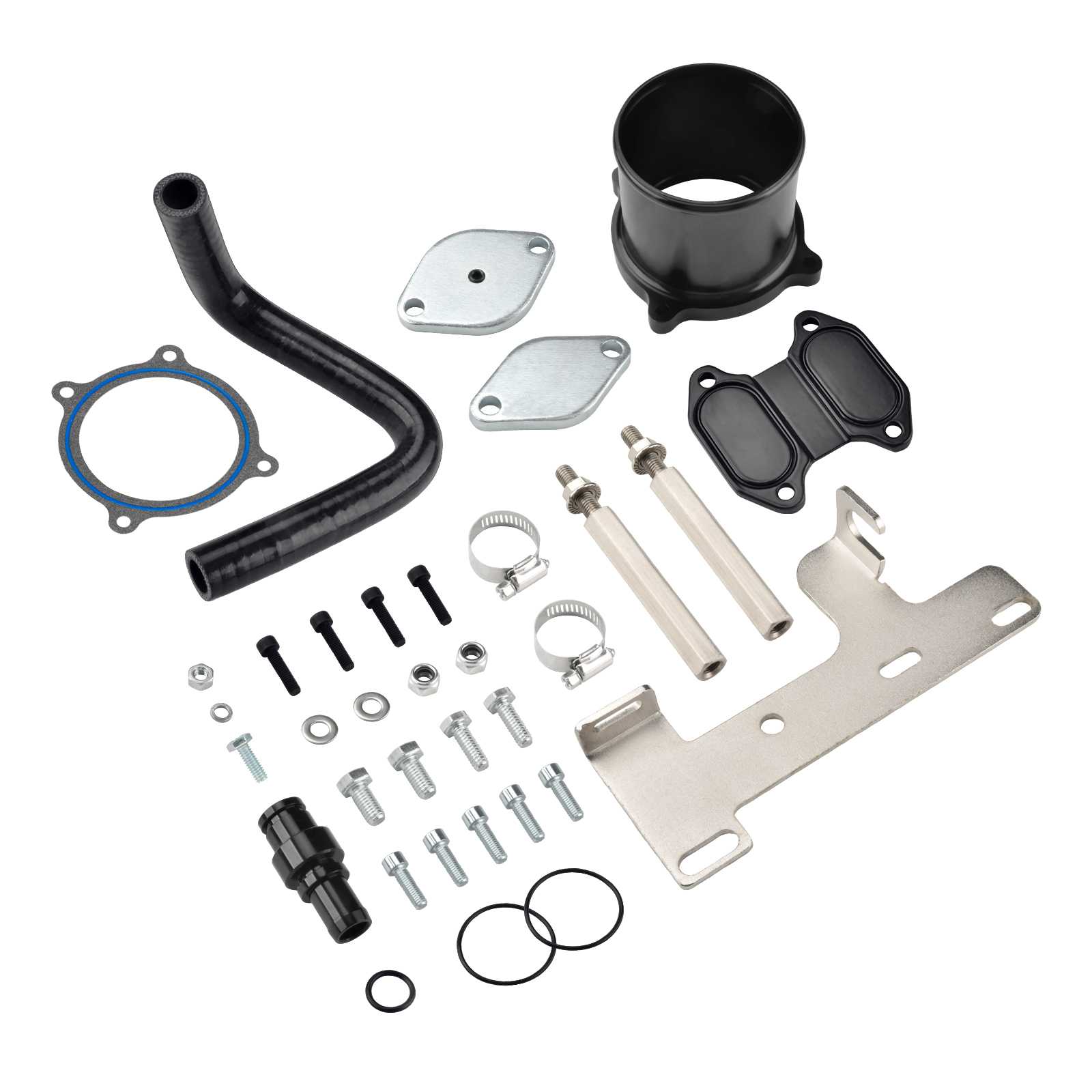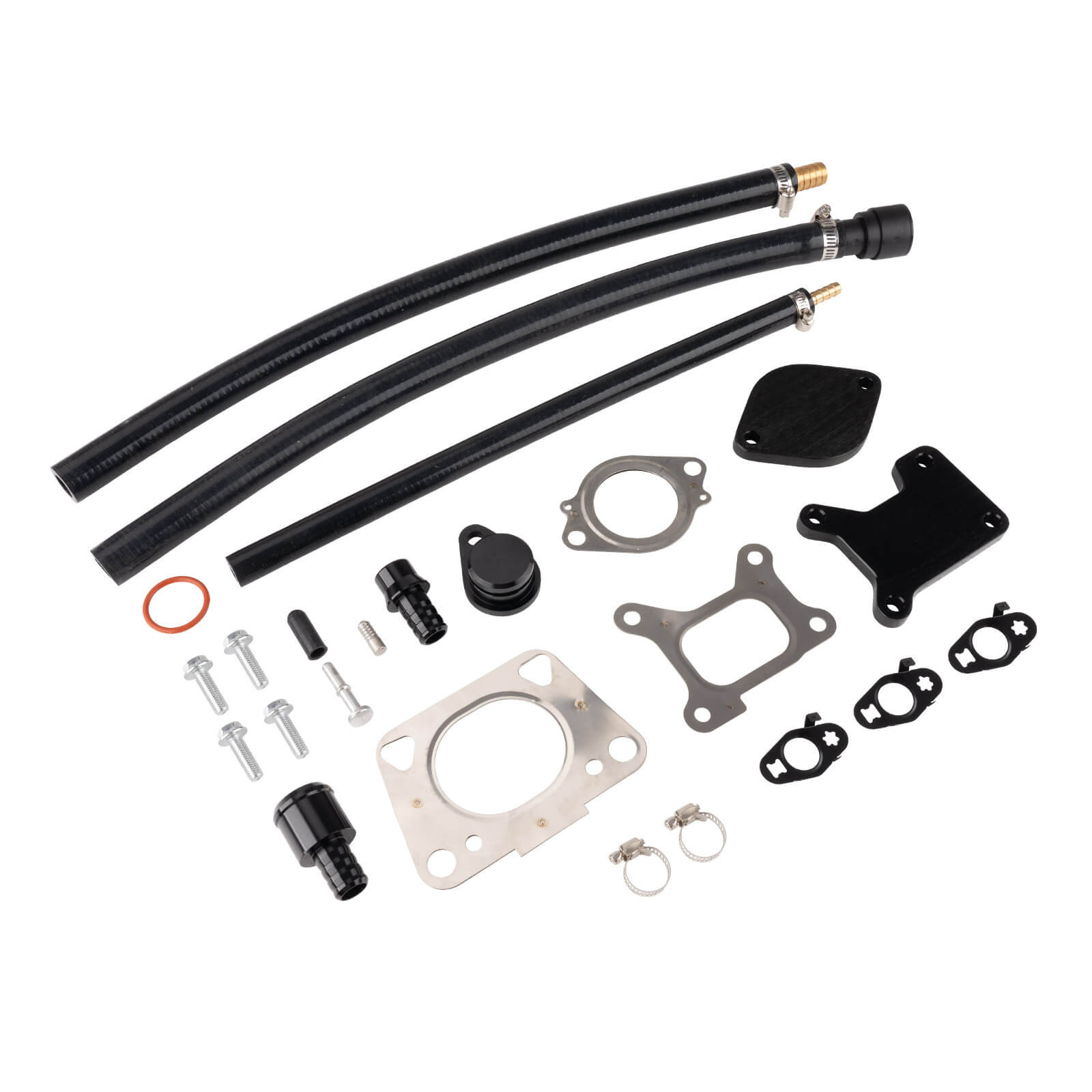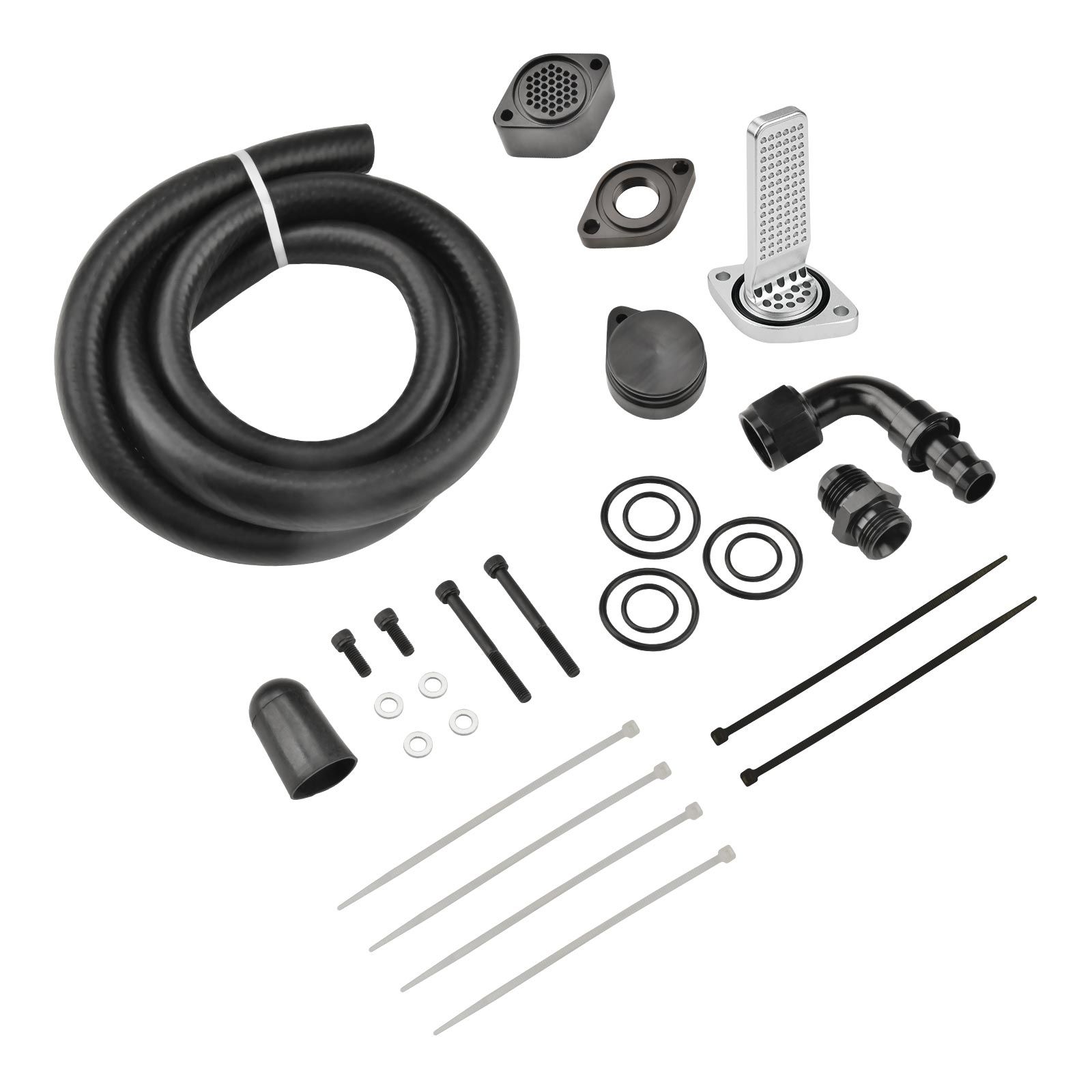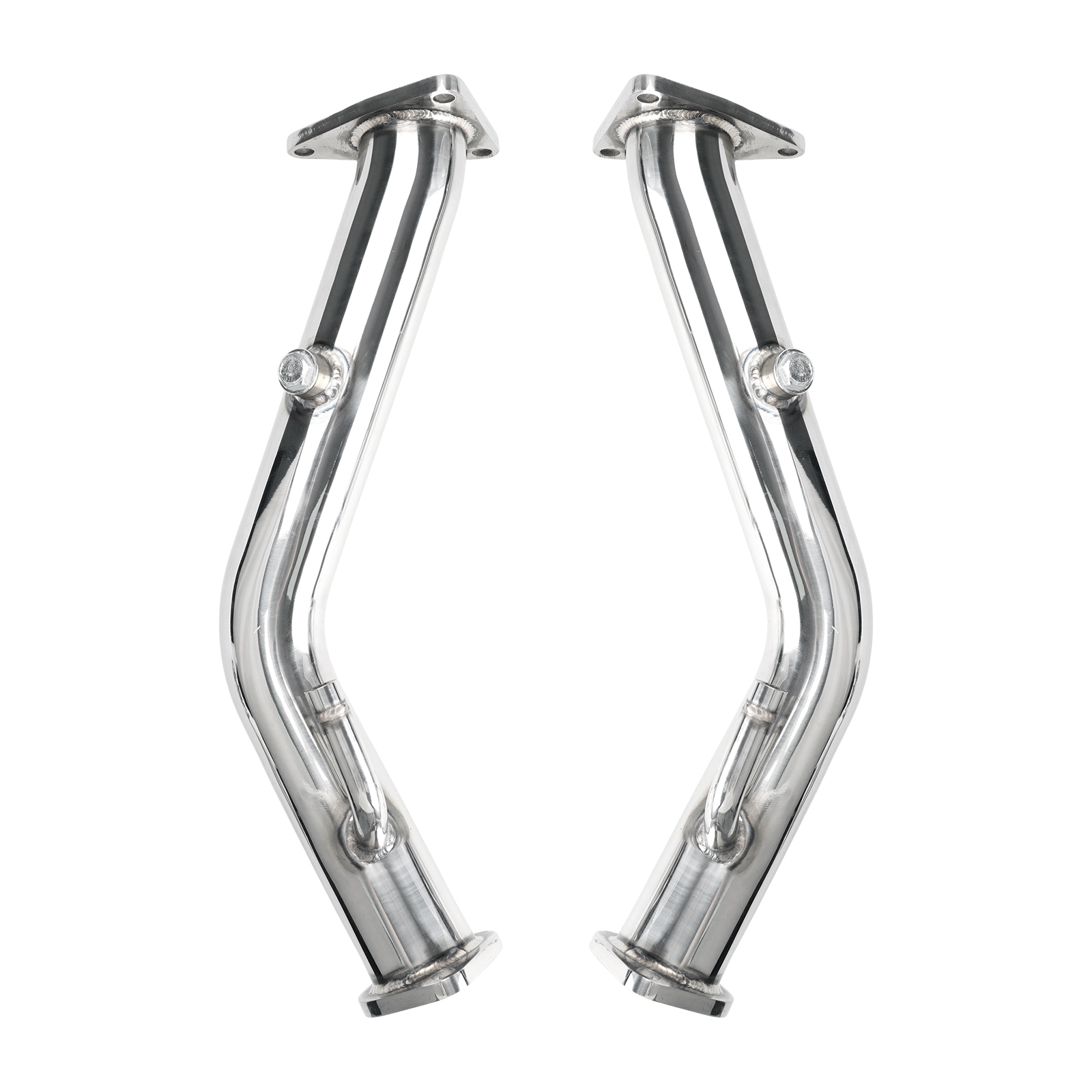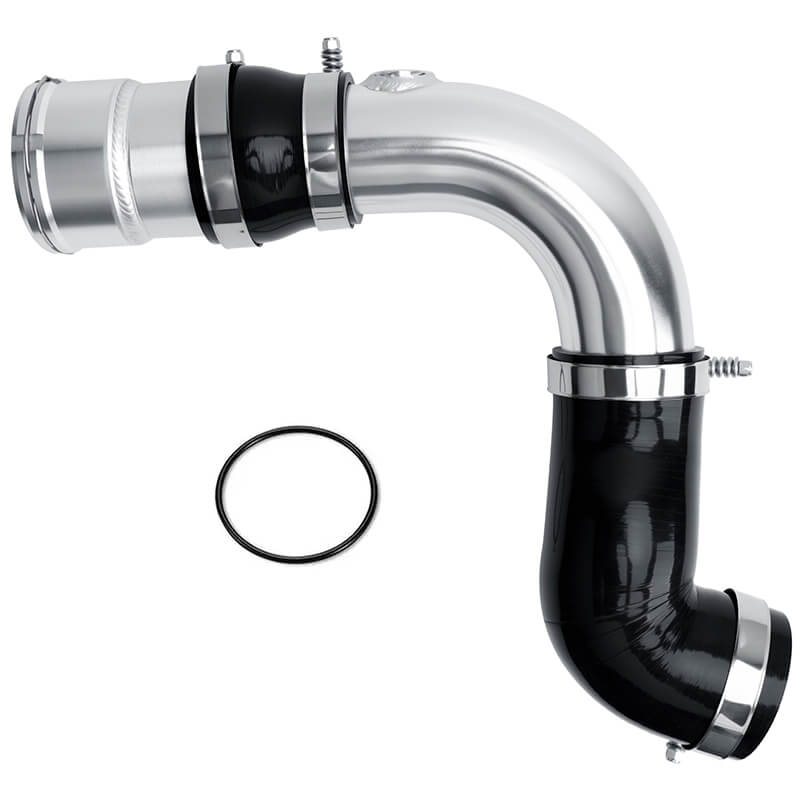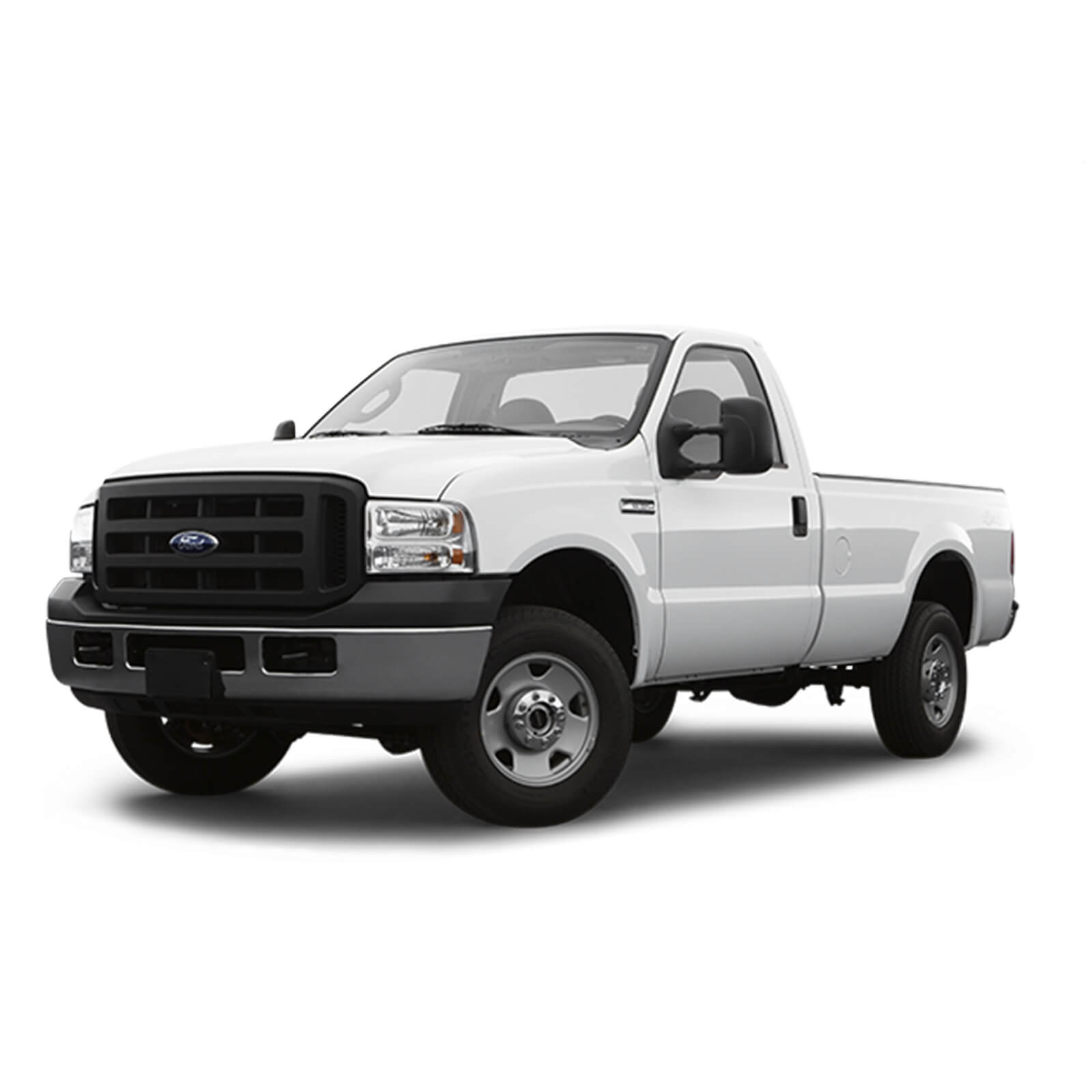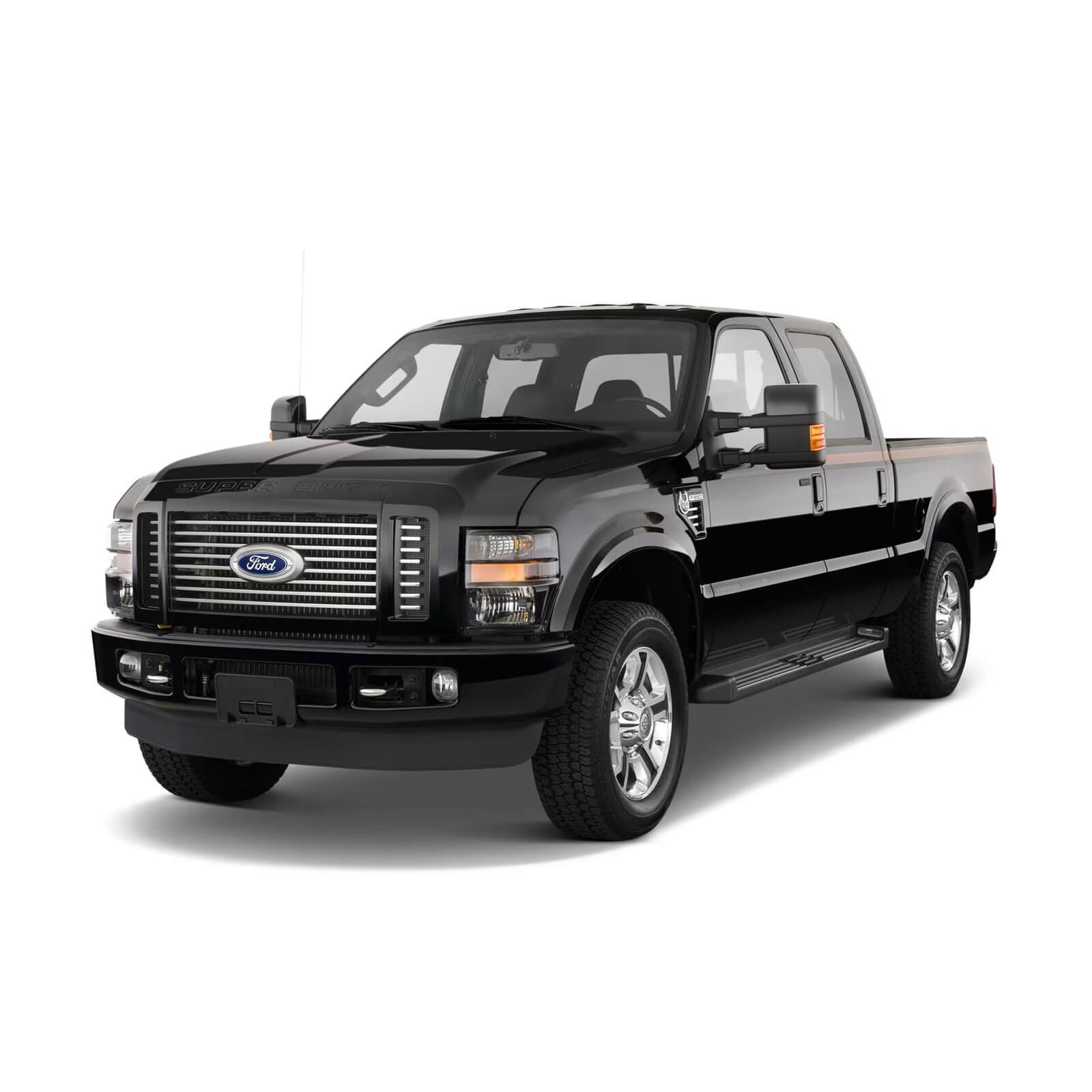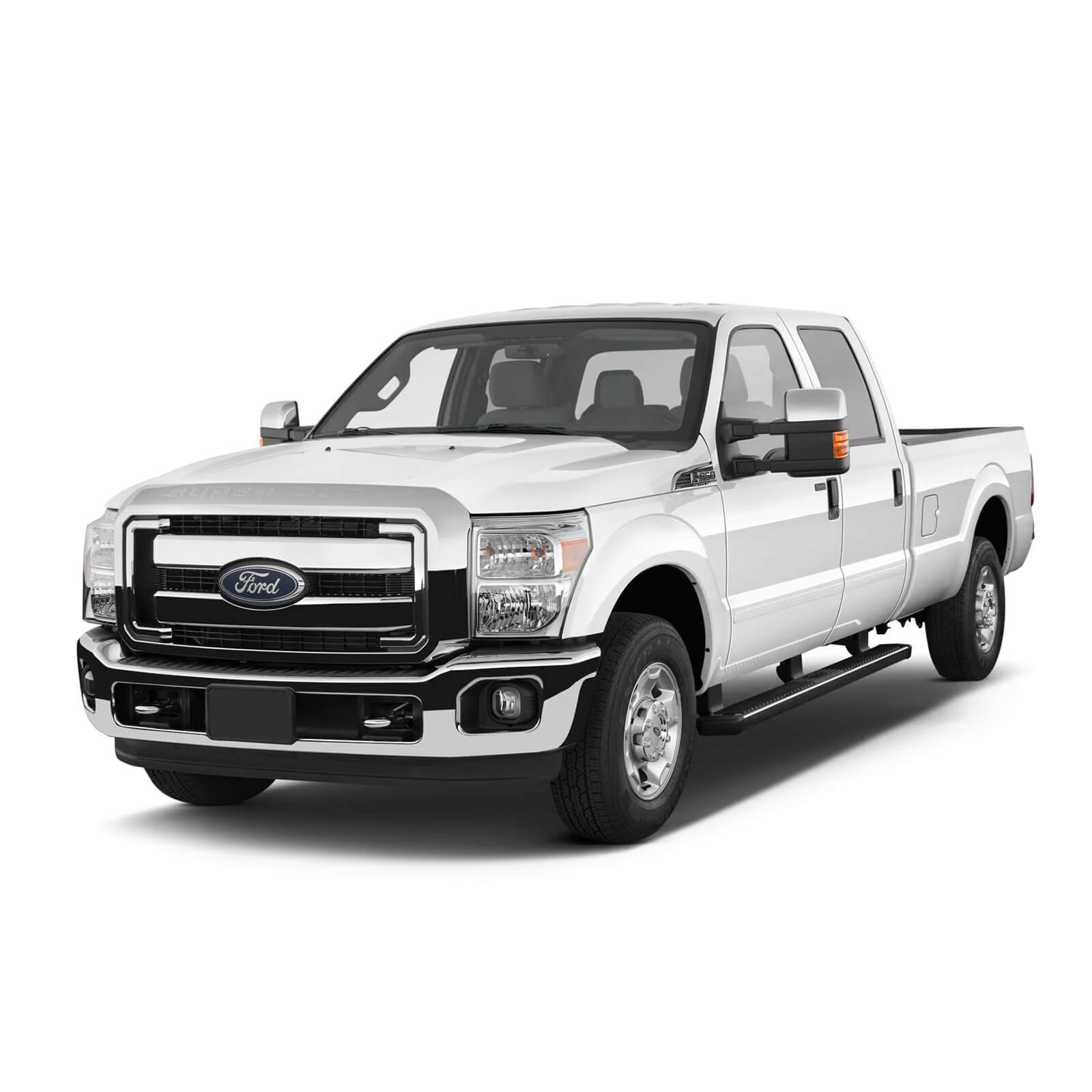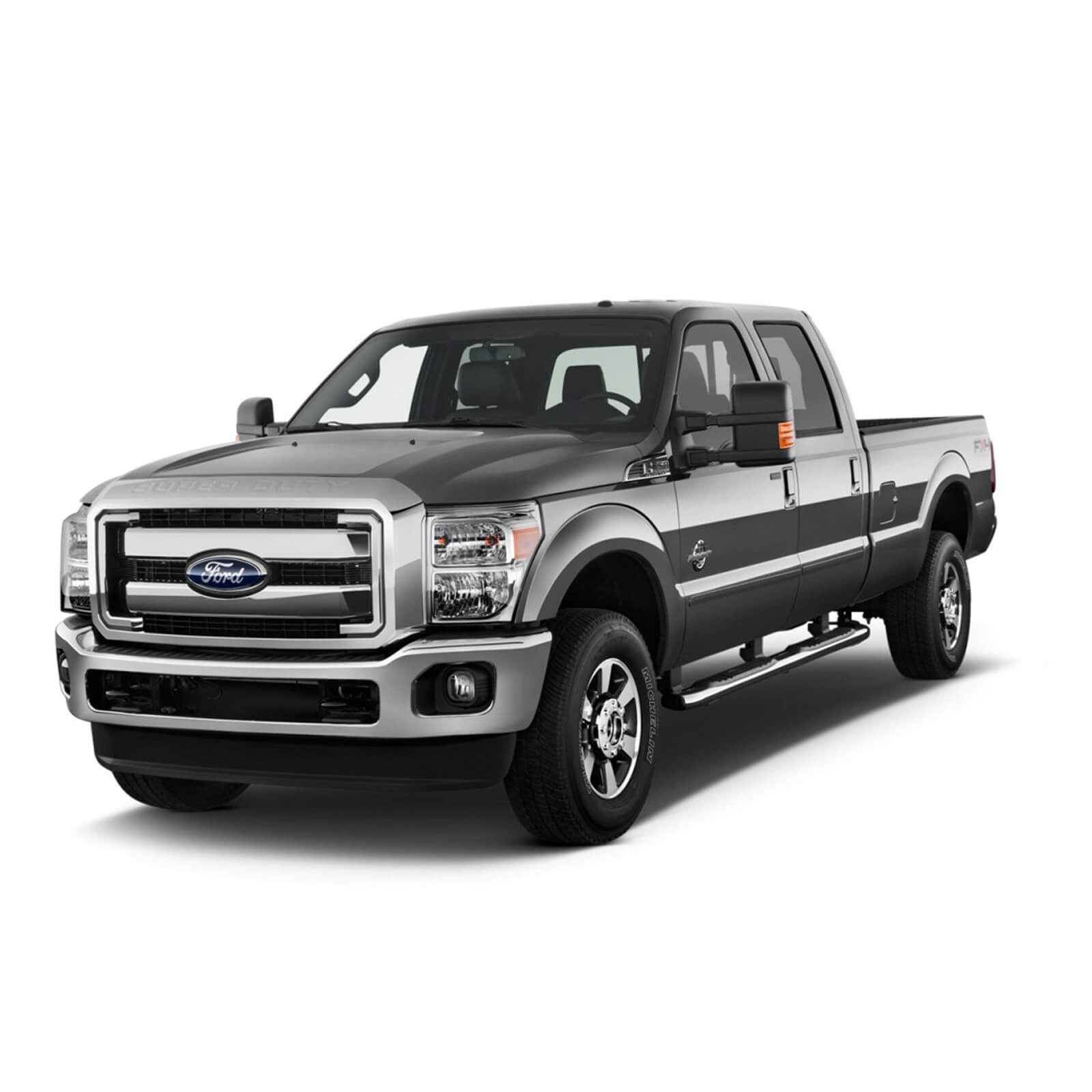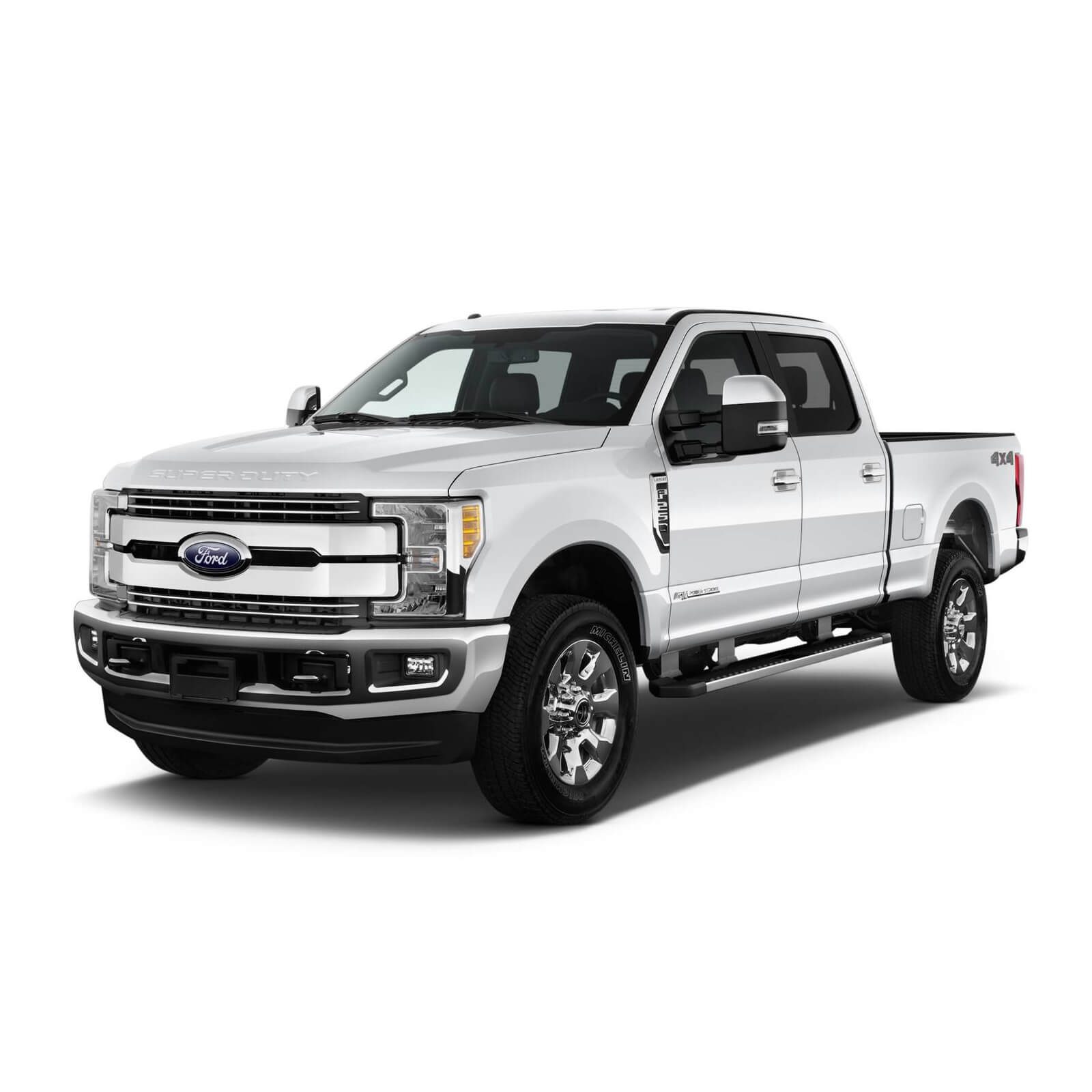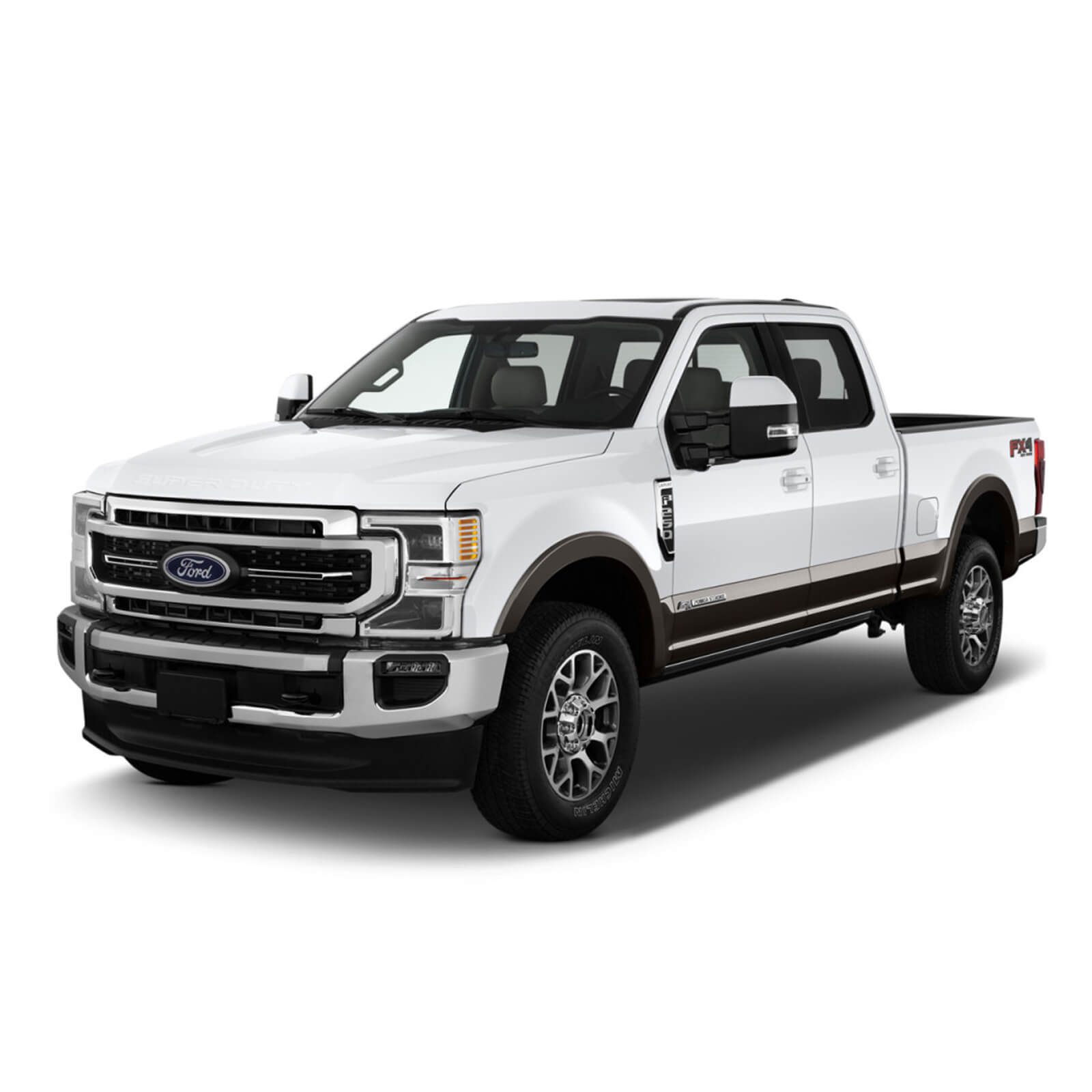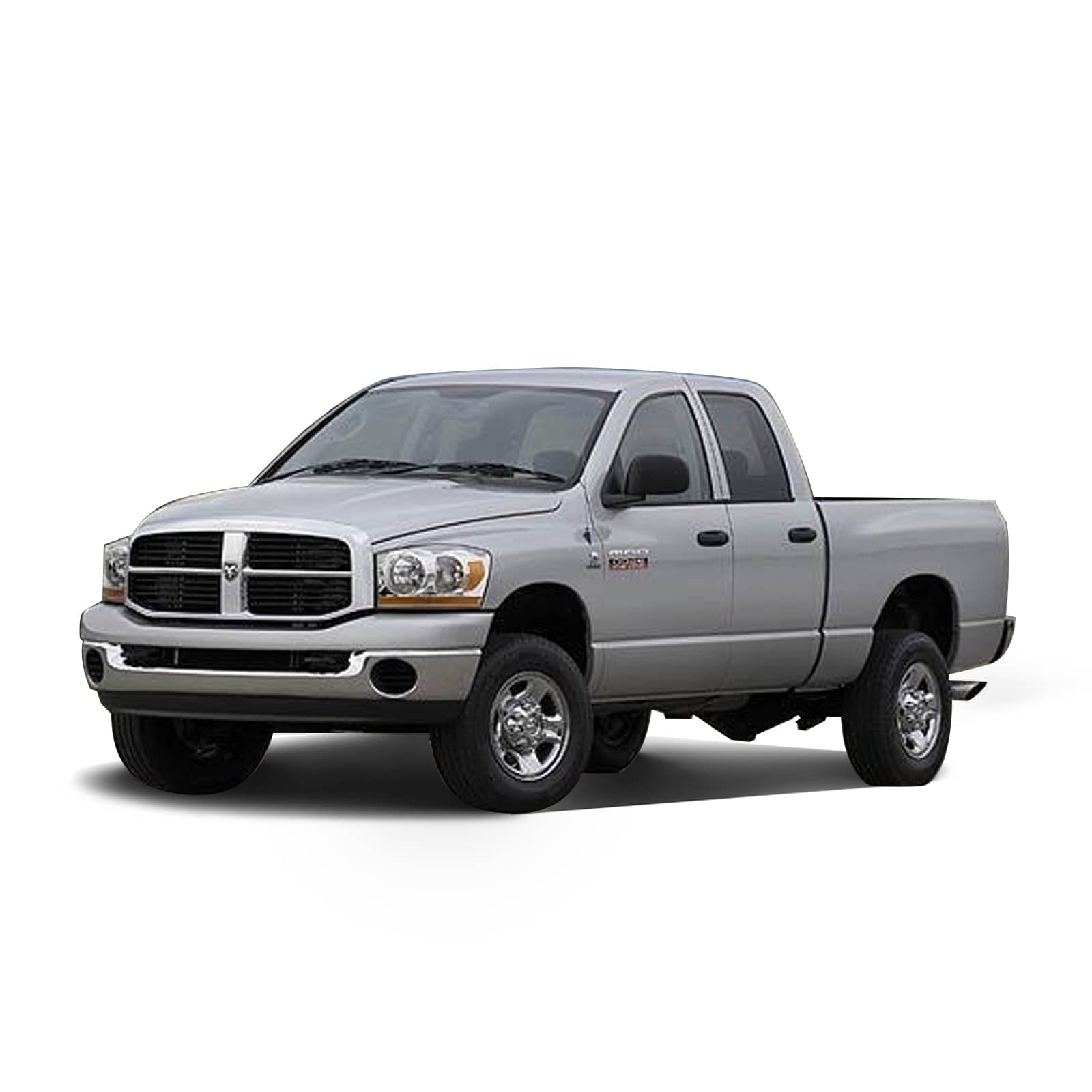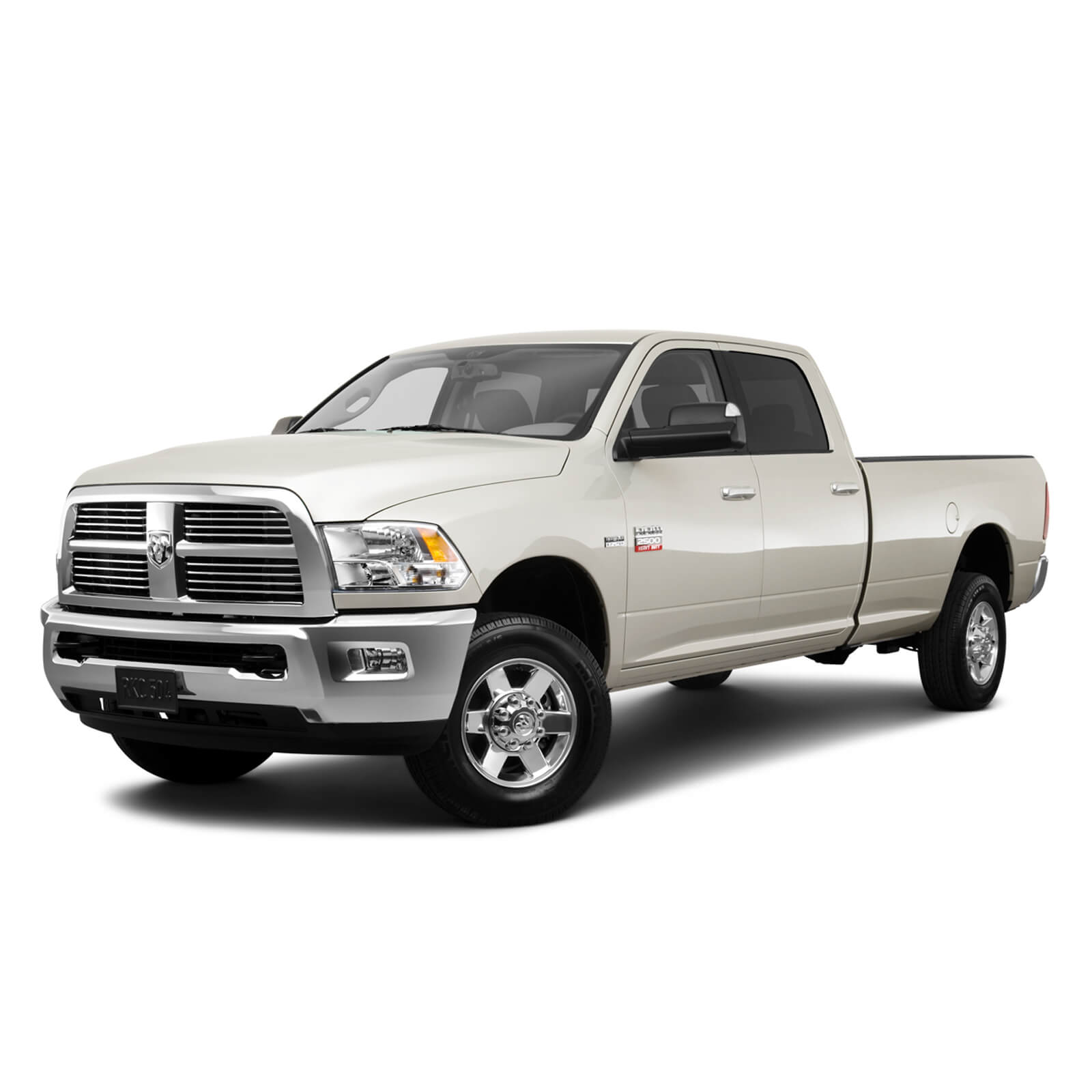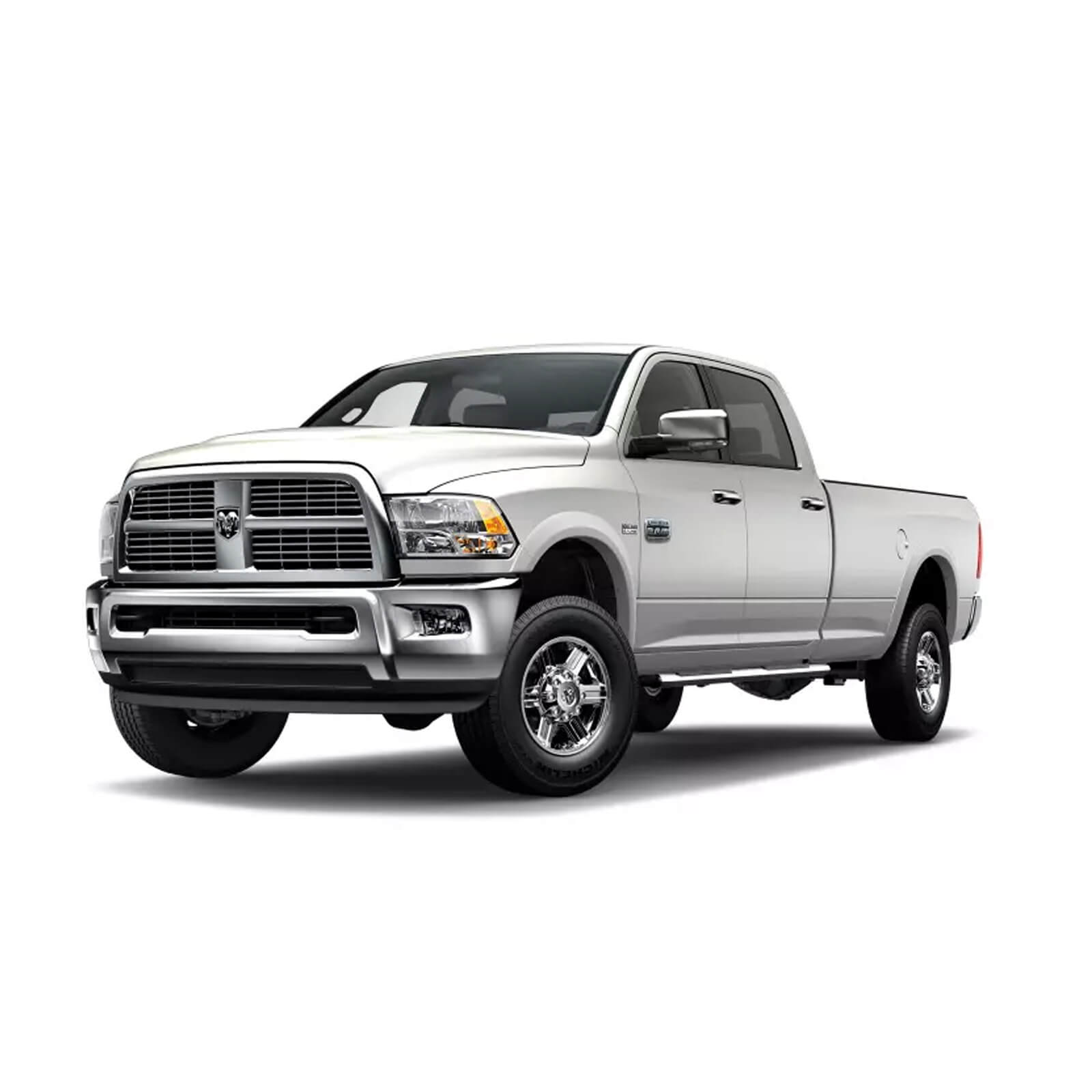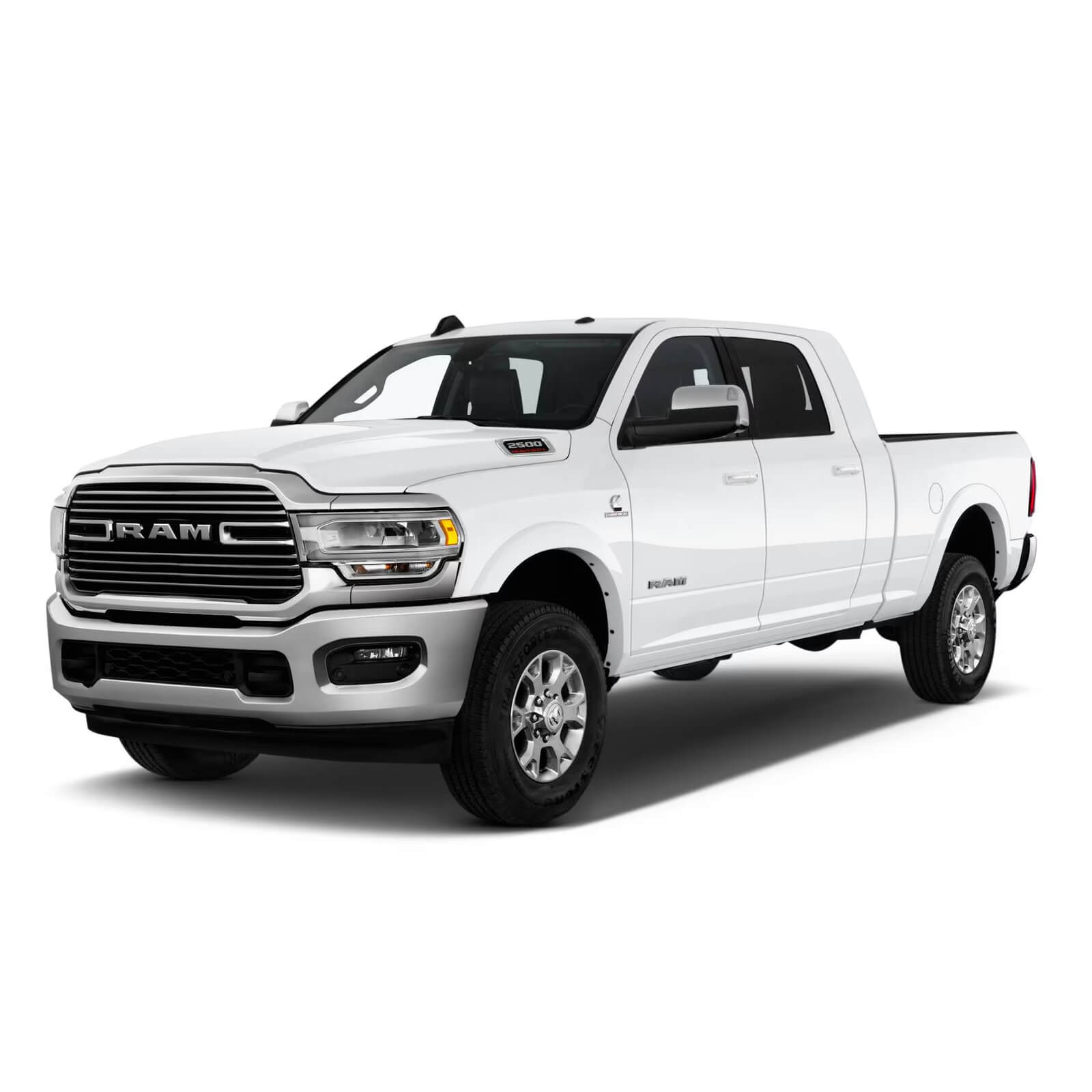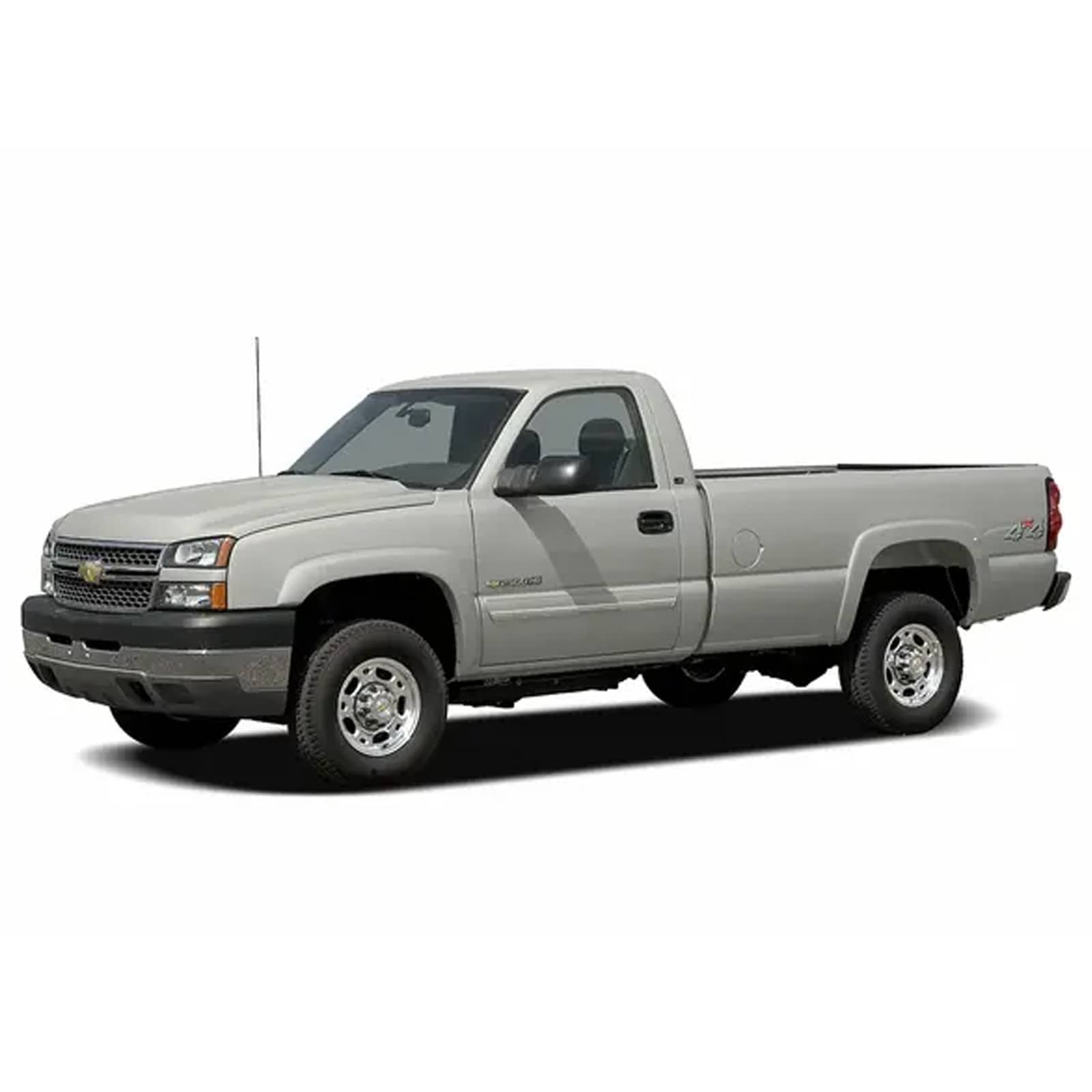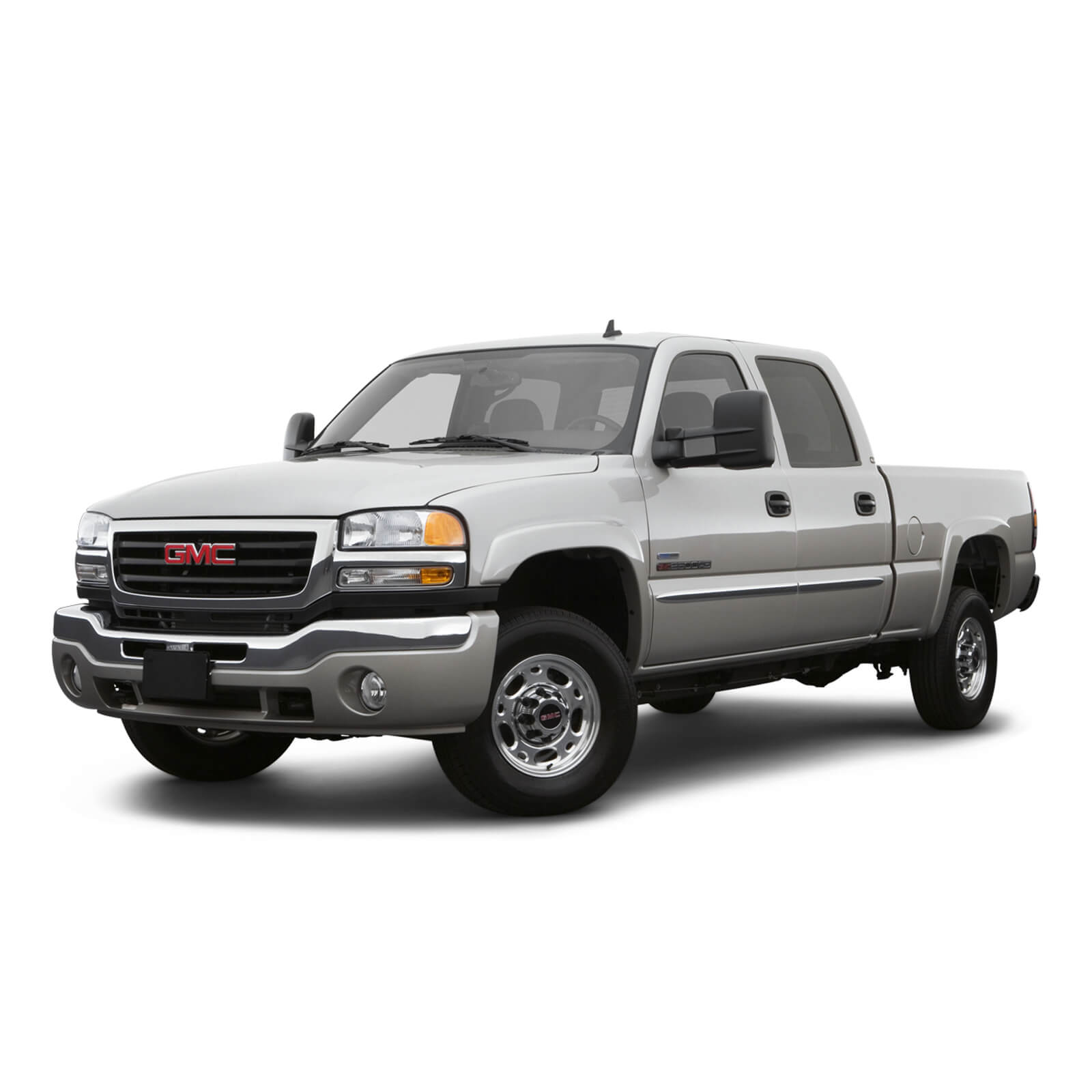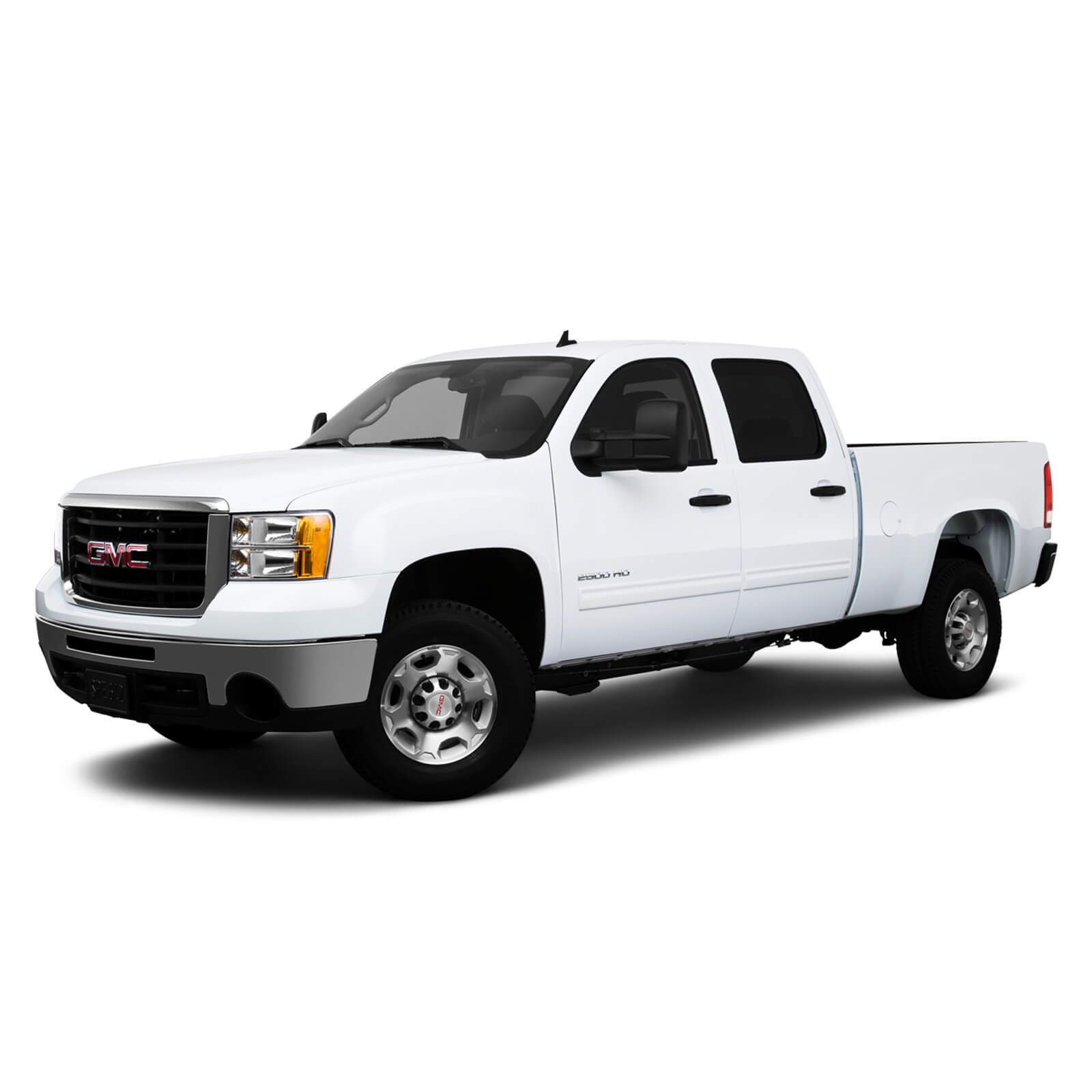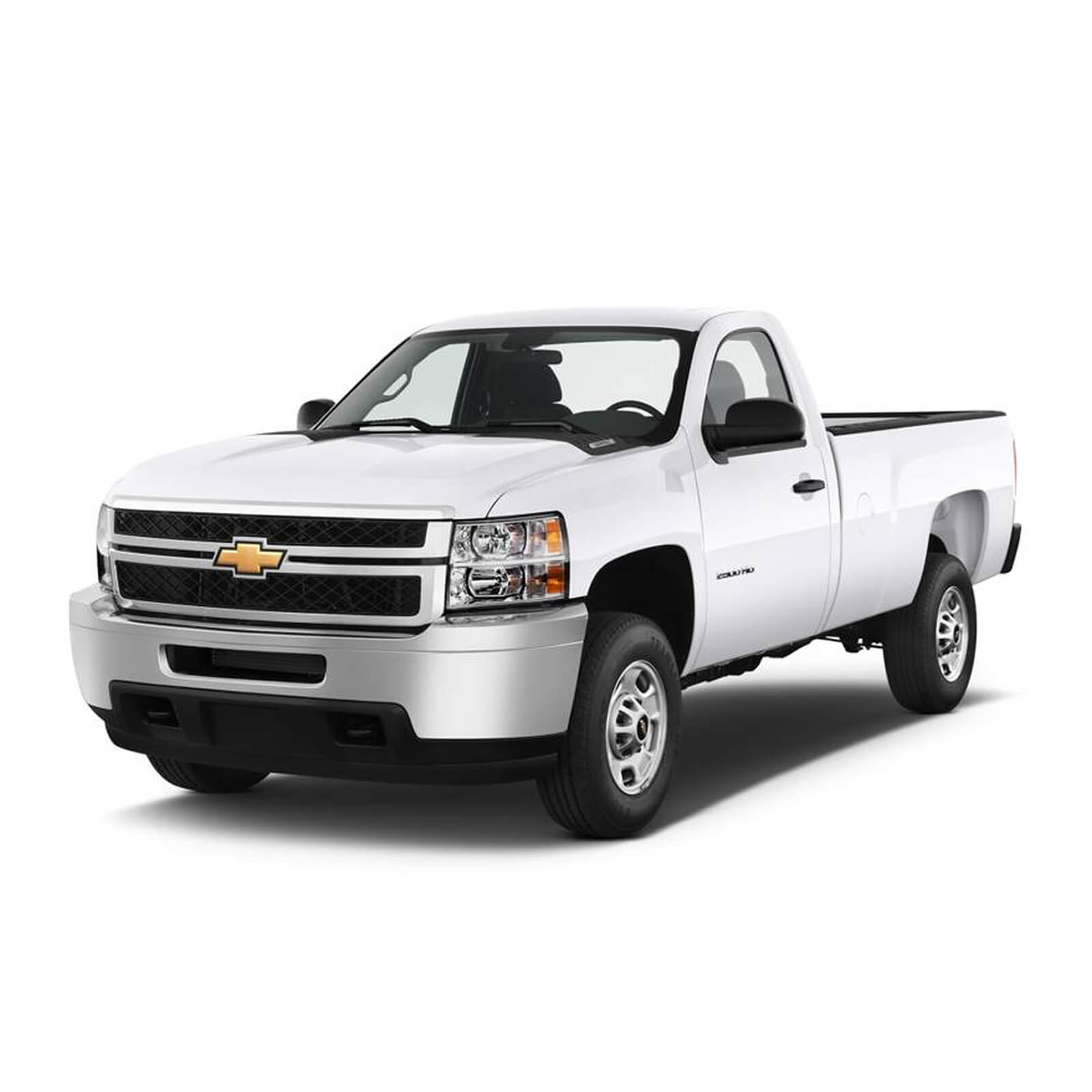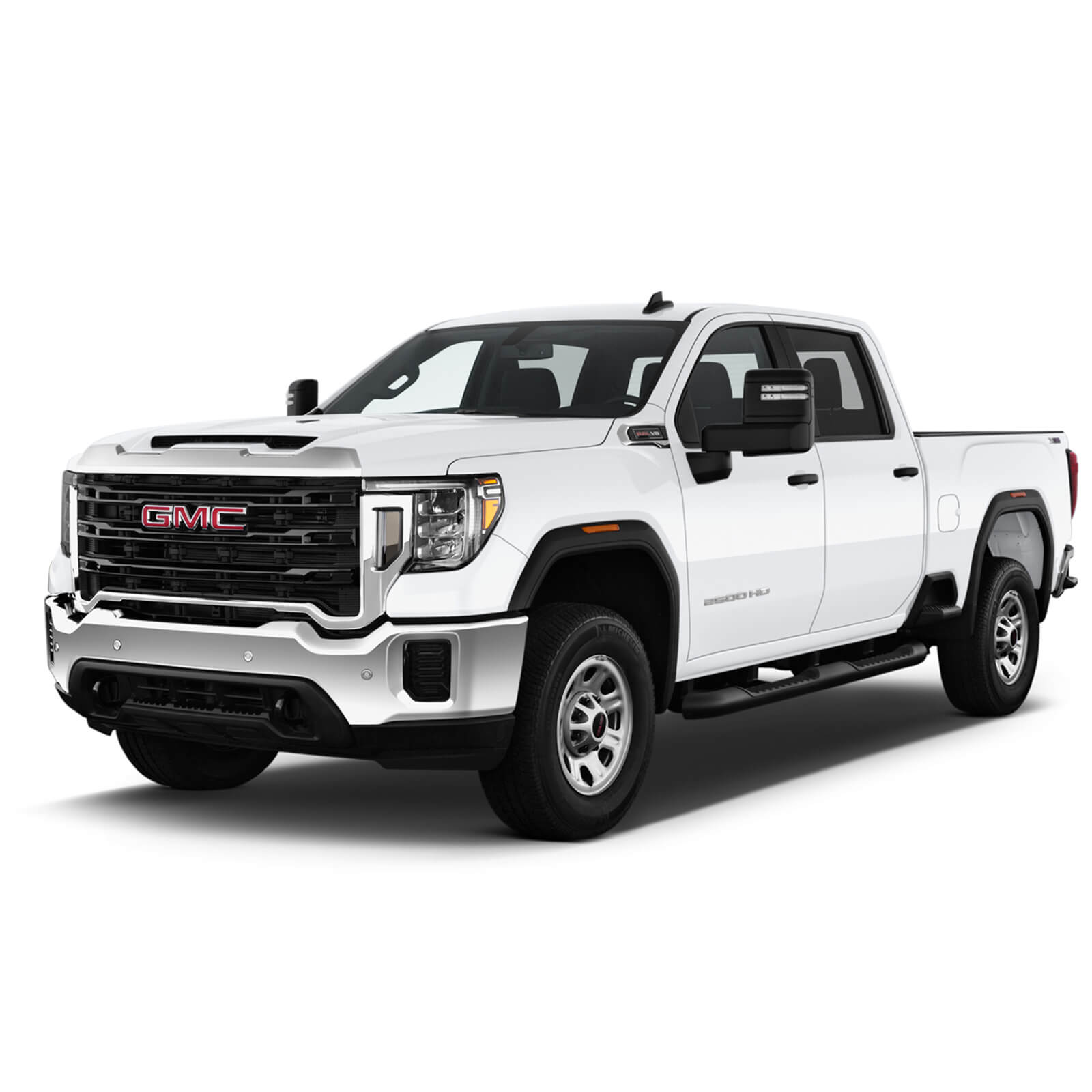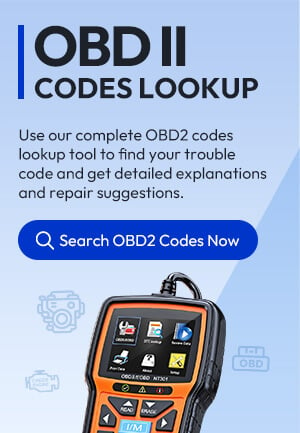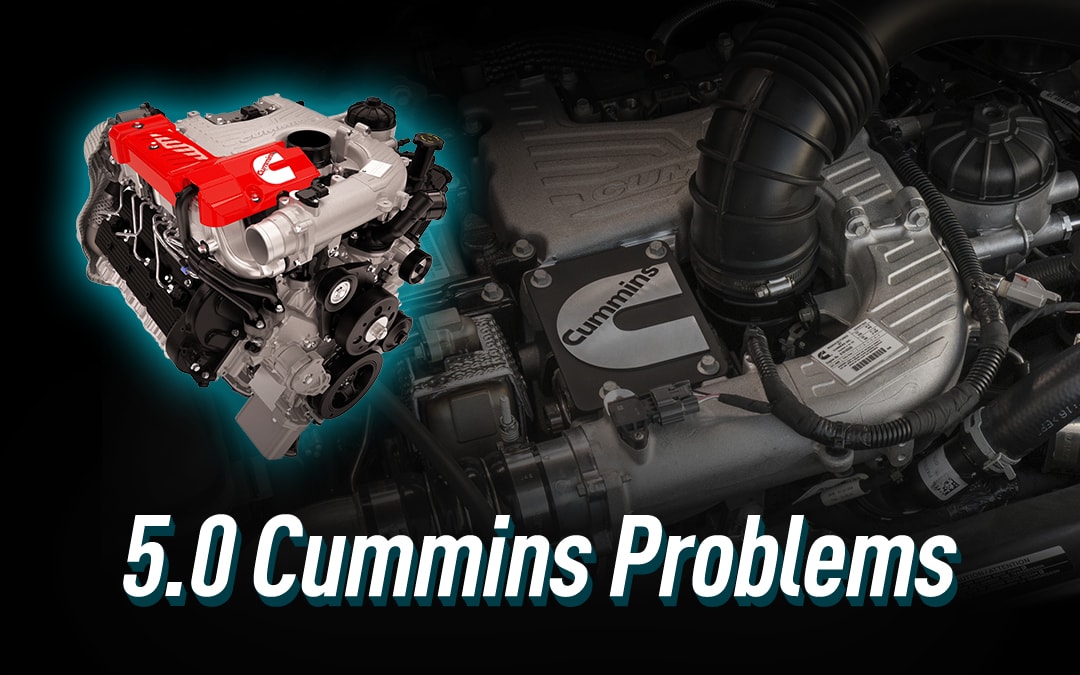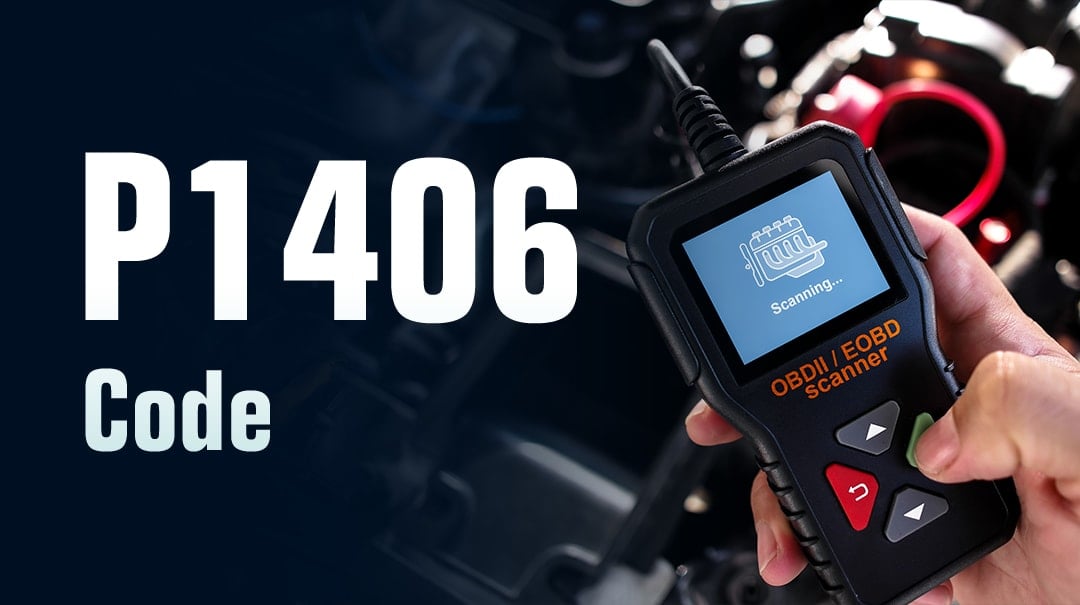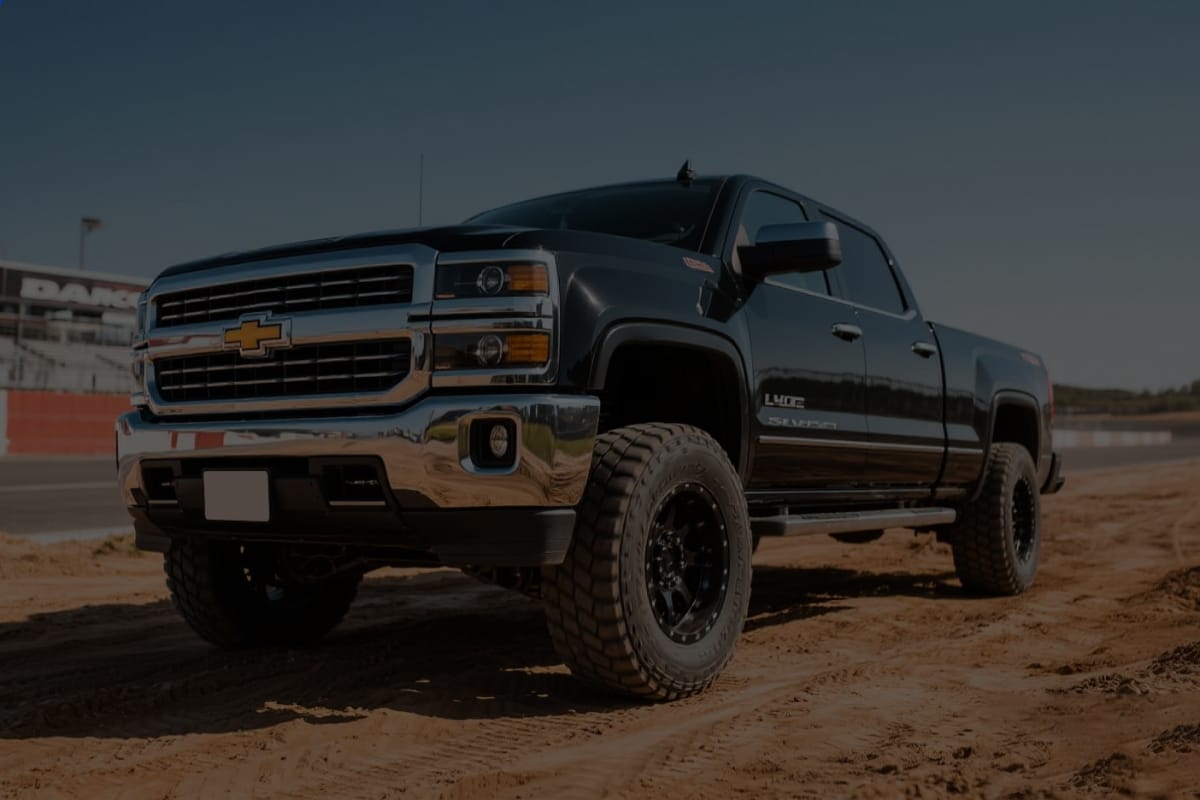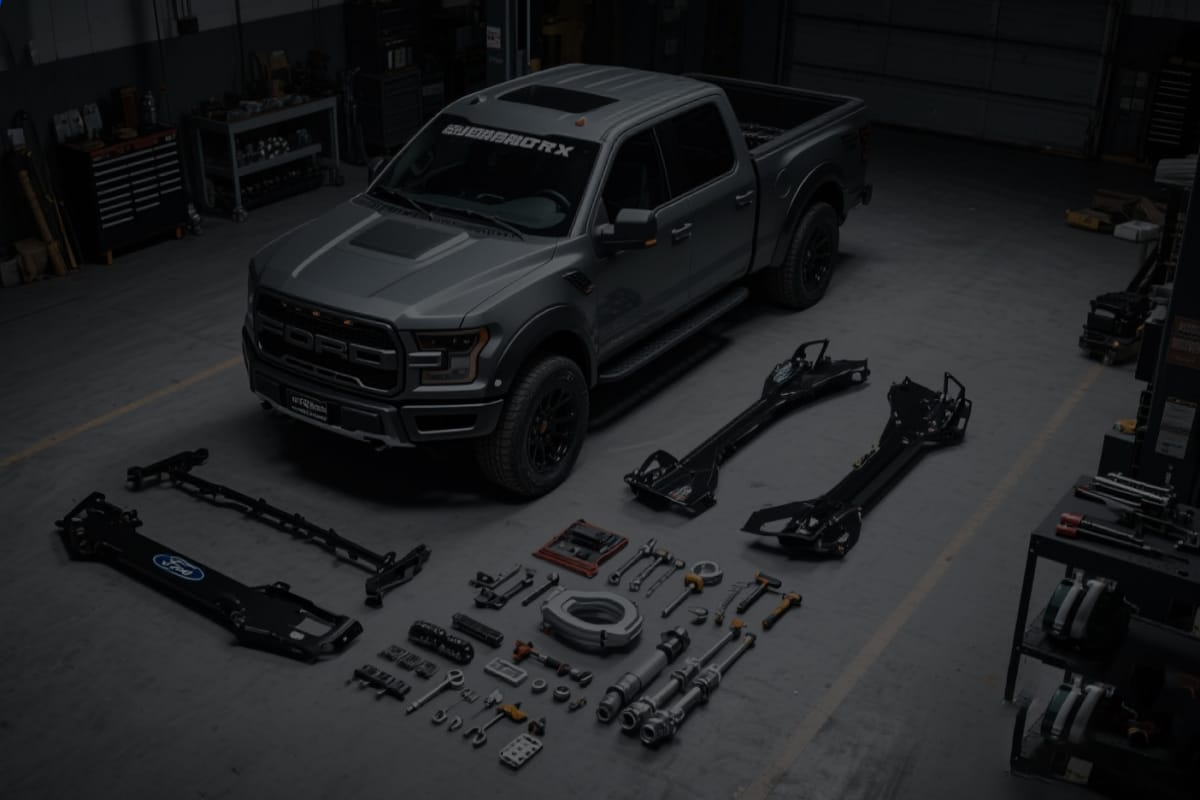 Contents
Contents
Oil and fuel are two basic things a vehicle’s engine requires to work smoothly. A vehicle depends on oil and fuel, similar to how humans depend on food. Just like our food is supposed to be clean to make the body operate smoothly, oil and fuel also need to be purified to function the engine without any issues.
Many people wonder if oil filters and fuel filters are the same or not. The simple answer is fuel filters and oil filters are different in terms of function, feature, placement, and size. However, they both ensure the smooth working of the engine but deals with different fluids.
While the fuel filter removes contaminants from the fuel, the oil filter helps to remove particles from the oil. If either one of them is not working properly, then it can damage your engine, and eventually, your vehicle may break down.
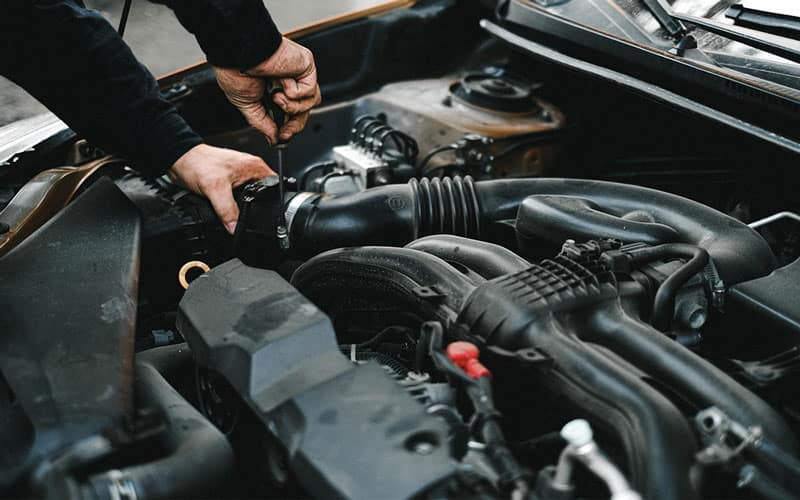
Fuel Filter Vs Oil Filter
Let’s check out the key difference between the fuel filter and oil filter along with how they function.
Everything You Should Know About Oil Filter
How Oil Filter Works. The oil filter is nothing but a case that comes with a filter. This filter traps the particles that contaminate the engine oil. Removing such impurities from the oil is essential so that your vehicle’s engine doesn’t get damaged and works smoothly. It can catch even the smallest particle that could reach the engine and impact the performance.
Benefits of Oil Filter. If you regularly change the oil filter after it has been clogged or used for too long, then it will lower your maintenance cost and protect the engine. It will also enhance the engine’s lifespan and performance.
Types Of Oil Filter. There are different types of oil filters including full-flow filter (serves as the primary filter), bypass filter, thermal filter, spinner filter, and convectional filter. Oil filters are usually bigger compared to fuel filters.
Location. The oil filter is usually located only near the engine.
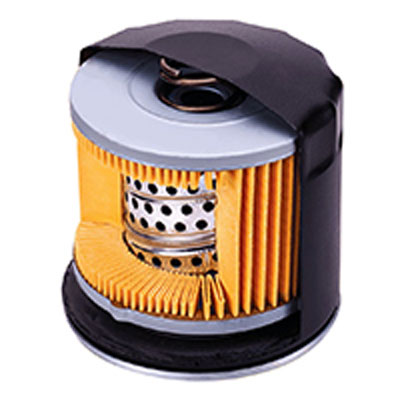
Everything You Should Know About Fuel Filter
How Fuel Filter Works. The fuel filter removes particles that contaminate the fuel. It helps to trap rust, dust, paint, or any water particles that can cause harm to your vehicle’s engine. Once the fuel filter gets clogged up, it can cause you trouble in starting the engine and also reduce the lifespan. It can easily remove the large particles that can cause problems to the engine such as carbon molecules.
Benefits Of Fuel Filter. If you clean and replace the fuel filter when needed, it will prevent overheating of the engine. The fuel filter also ensures that the engine’s life is improved.
Types Of Fuel Filter. There are various types of fuel filters including primary filter, secondary filter, in-line filter, spin-on filter, and canister filter. The size of the fuel filters might vary depending on the fuel system and the placement.
Location. The fuel filters are placed at different places including the gas tank fuel system lines and near the engine. Whereas, it is going to depend on the vehicle’s model and year of manufacture.
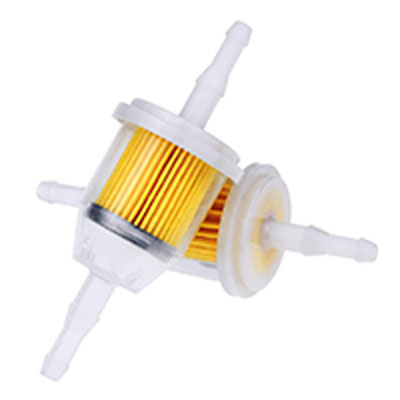
Maintenance & Cleaning of Oil Filters and Fuel Filters
Oil Filters
One thing drivers are worried about after buying a vehicle is, cleaning and maintaining it. The oil filters maintenance depends on what type of fluid is used and how often do you change it. Moreover, it also depends on the type of oil your vehicle requires.
For instance, if you use synthetic-blend oils, then you might require changing filters more often. You can simply change them if your vehicle has been used for over six months or more than 4000 miles. You should also follow your vehicle’s manufacturer’s recommendations about cabin air filter replacement interval to change the oil filters.
Fuel Filters
Fuel filters can be cleaned with the help of a sponge, dish soap, and a bucket of water. Firstly, you should soak the filter in water for some time that will automatically clean the outer of the fuel filters.
You can put some dish soap in the water and mix it up. Use the sponge to clean the filters. This is one of the most used and affordable DIY to clean the fuel filters. However, you can also use professional brushes to clean the fuel filters.
FAQs About Fuel Filter & Oil Filter
Q1: Can you clean a fuel filter without removing it?
No. You need to remove the fuel filter before you clean them. If you try to clean them or blow the dirt away while the fuel filter is installed, then it might add those contaminated particles back to the fuel system.
Q2: Can you use a fuel filter for oil?
No. You should avoid using fuel filters for oil as they are designed for the fuel system.
Q3: When should I change my oil filter and fuel filter?
Oil filters should be changed after 4000 miles while fuel filters should be changed after 20,000-30,000 miles, depending on your vehicle’s age.
Q4: Should I change the oil filter every time I change my vehicle’s oil?
Technically, you don’t have to replace the oil filter everytime you have your oil changed, but it’s a good idea. Replacing both the oil and oil filter at the same time helps keep your vehicle running smoothly.
Conclusion
While both - fuel filters and oil filters - have different placement and sizes, they are eventually meant to protect your engine and ensure that your vehicle works smoothly. Hope this article helped you to learn everything about fuel filters vs oil filters. Getting your filters replaced regularly is important for your vehicle’s performance. At SuncentAuto, you can find a wide range of budget-friendly and good-quality car oil and fuel filter replacements. Shop now!












